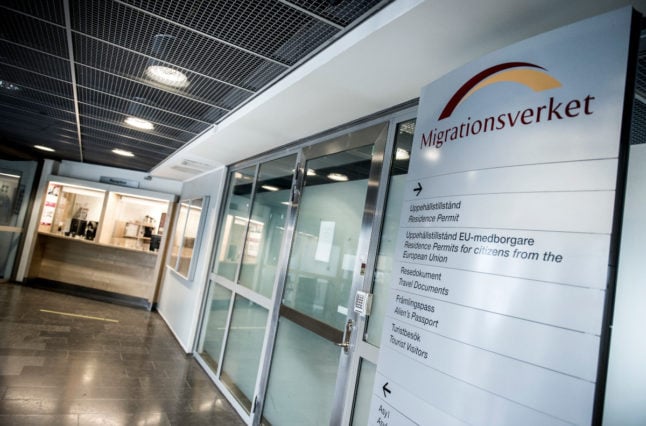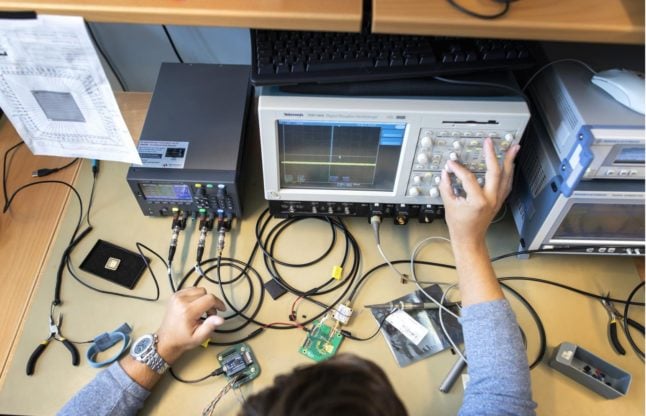More than 7,750 work permit applications have been submitted to Sweden’s Migration Agency since a new system designed to speed up waiting times for skilled workers was implemented.
The new system, rolled out on January 29th, divides workers into four different categories depending on their profession. It was introduced after complaints about long waits for both first-time and renewed work permits and promised to process the top category, “A”, within 30 days.
Category A applications are those already classified as “highly qualified” under the Standard for Swedish Classification of Occupations (SSYK), and include leadership roles, roles requiring higher university education, and roles requiring university education or equivalent.
A Migration Agency spokesperson told The Local that a total of 95 percent of complete work permit applications sent in by highly qualified workers since January 29th were processed within 30 days, with a median handling time of 14 days, according to figures from April 15th.
“Our ambition is to decide cases for highly qualified labour within 30 days – sometimes it happens that the application isn’t complete and that can make the processing time longer,” the spokesperson said.
By mid-April, the Migration Agency had processed 4,461 complete applications, 550 incomplete applications and 423 applications for permanent residency which were complete but had to wait for a decision because the applicant’s previous permit hadn’t yet expired.
Around 77 percent of incomplete applications were processed within 30 days.
A Migration Agency spokesperson told The Local that there may be various reasons why an application is incomplete, but “common mistakes” include passports lacking a signature, incorrect information about accommodation when needed, no or not enough information about the applicant’s insurances, or no statement from the trade union about working conditions.
The spokesperson also said that the four percent of complete applications that didn’t get processed within a month were delayed because of, for example, the applicant failing to visit an embassy to show their passport before the deadline, having a criminal record in Sweden that required further investigation of their application, or the security police blocking their application.



 Please whitelist us to continue reading.
Please whitelist us to continue reading.
Yes mine was renewed within a week